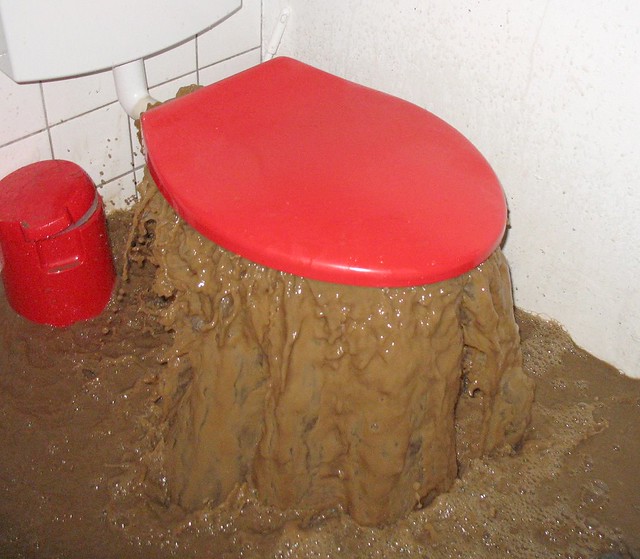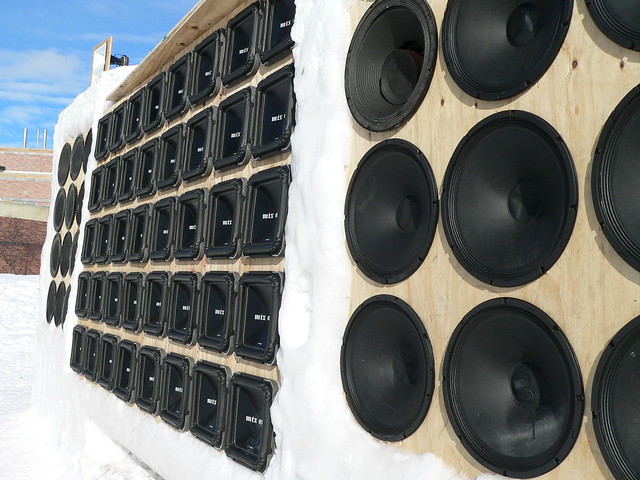Last week I talked about the value of a band and compared a musician to a plumber in terms of skill and cost.
This worked out to about $355 per musician for a local nights performance if you were to consider that a Musician and Plumber are fairly equal in skill. Lots of musicians probably thought "yeah, that's what we should be charging".
Now, I'm going to flip the argument completely on its head and offer a totally different alternative perspective and perhaps some answers as to why many bands don't earn that much, or in some cases, earn far far more per night.
Imagine for a minute that you own a bar and you would like to have a band come and play to draw in a bigger crowd on a Saturday night.
Saturdays have been a bit quiet lately because another bar has opened down the road.
You ring around and you find out that all the bands charge the same price. They all charge $1420 + GST as per our plumber calculation last week.
You end up booking two bands for the next two saturdays, lets call them Band A and Band B. Musically and talent wise, both bands are exactly the same and have basically the same sets / song lists.
Band A is a brand new band, they don't have any posters yet and the guitarists sister is currently working on a website which should be up sometime in the next few months. They have a facebook page and have 80 fans which are mostly friends and family because they only started up the page last week.
The band turns up and they are great, perhaps a bit loud, they don't bring in any extra punters and halfway through the night the regular crowd starts to leave because its getting too loud. Total bar turnover for the night is $1200 which is $100 below what you would get on a normal Saturday night. You pay the band their $1420 and start to wonder whether having bands was such a good idea after all.

The following Monday, Band B turns up with 20 posters to put up and wants to discuss whether you would like to do a drinks promotion that they can promote through the week, perhaps a 2 for 1 deal on the first drink. On Tuesday, they announce to their 7000 facebook fans that its going to be a huge night at your venue and that if their fans come down there will be a drink's special on an hour before they play. On Wednesday, they drop a line to their friend who works at a radio station and do an on air interview promoting your venue and the gig. On Saturday, when they turn up, the bar is already full because of the drinks promotion and there is a queue at the door by 8pm. The night sets a record for bar turnover at $5200. Band B are also pretty good, but you actually think that Band A might have been a bit better.
Now, lets contrast these two bands and compare the situation to the plumber comparison of last week.
Technically yes, the work of performing that the two bands do is worth the $1420 + GST that they charge, but in reality Band A cost the bar $1420. The bars profit from having the band was -$1640. In other words, the bar would have been better off by $1640 if they had not had Band A in to perform.
Band B cost the same at $1420, however they generated an extra $4000 that the bar would not have made if they hadn't been there so the profit that Band B generated was $2480.
Are both these bands worth the same amount. Clearly not, I would be as bold as to say that Band A is not worth anything.
Zip, Nada, the band should in fact be paying to play because they deliver -$100 in value to whatever venue they perform in even if they charge nothing. The only way the venue would be better off having Band A in to perform would be if the band payed the venue $101.
Band B however is worth anything up to $3999. If they charge $3999 then the bar would still be better off by $1 by having them in to play. In reality, their performance might be worth 25% to 50% of this value depending on how consistently they deliver that kind of return. If we run at 50%, then that means that band B would be worth $1240 to $1300 per night to this bar.
What this does is put into context how hard bands have to work in order to justify the fees they charge.
If you just turn up and play, then don't expect to be worth the same as a Plumber. If you do all the promotion and actively generate punters for the venue, then you can expect to be worth something closer to what a Plumber is worth.
Here is the key....
The value of a Plumber is not the years of training they spent learning how to be a Plumber. Its not how good they are and how fancy the sign writing is on their van. Its not how far the Plumber travelled to get there. The value of a Plumber is this and you should frame it...
"At 3am, when your toilet floods spewing shit all over the floor, leaking crap into your carpet and continuing to spew more and more water onto the floor, the value of a Plumber is equal to getting your immediate problem solved."
In other words, when there is shit on your floor, a Plumber is worth as much as you are prepared to pay to come and fix it so that shit stops flowing onto your floor. At that point you don't care about their training, how experienced they are, how flash their van is etc. All you want is someone to come and stop the shit.
Musicians are the same, the people that pay musicians don't care how many years you have been playing, they don't care that you have a fancy PA system or guitar amp. They don't even care if you have a flash van to cart your gear around in. All they care about is a full bar and a full cash register and if that isn't also your number one concern, then don't expect to be paid the same as a Plumber.
A Plumber that can't stop the shit from flowing won't get called again and might not even get paid.
Why then do musicians who can't pull a crowd and don't put in the hard yards when it comes to marketing and promotion, also expect to be paid?
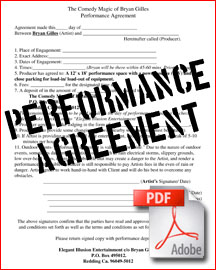




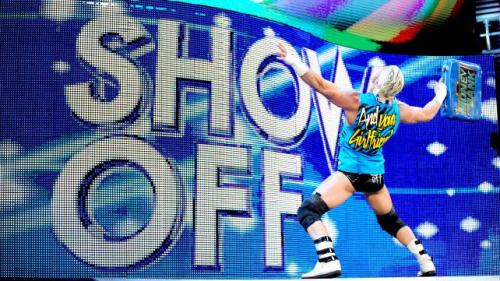



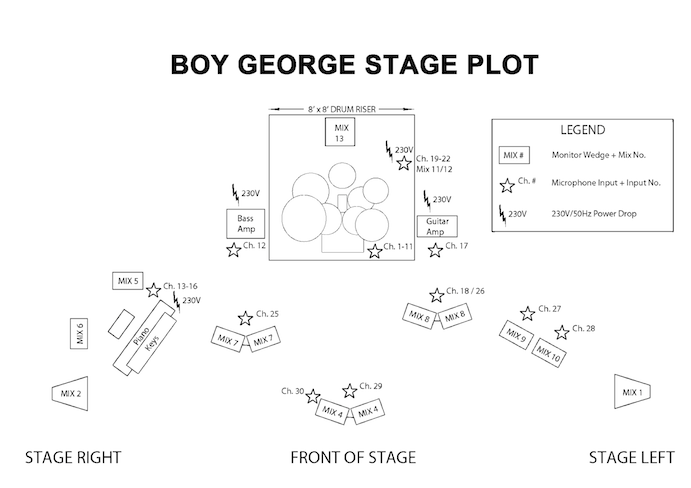








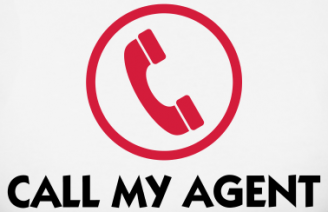


/All%20Blacks/Kieran%20Read%20(All%20Blacks%20-%20Getty).jpg)






